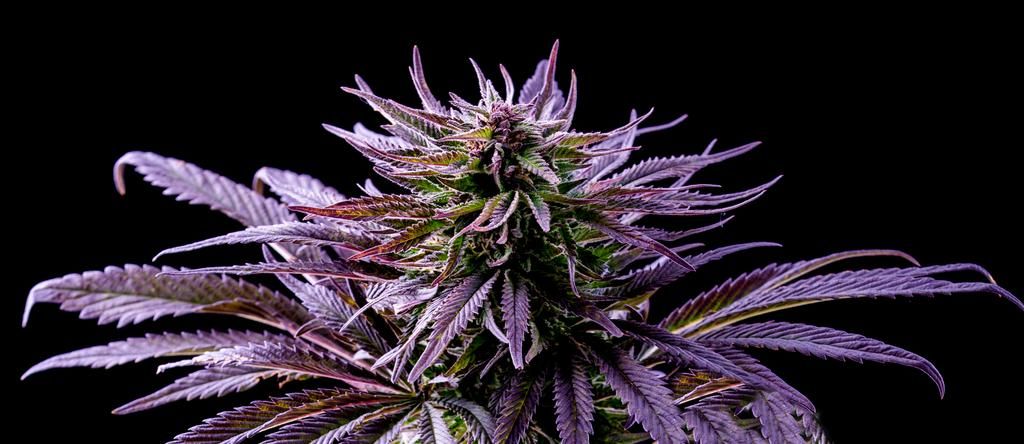According to a new study published in the journal Molecules, cannabinoids including THC, CBD, THCV, CBC, and CBG may protect pancreatic β-cells from damage linked to type 2 diabetes.

For the study, researchers at the University of Lethbridge used high-glucose, high-lipid (HGHL) conditions to mimic the cellular environment that often leads to β-cell dysfunction in type 2 diabetes mellitus (T2DM). The team then assessed how five phytocannabinoids commonly found in marijuana affected these insulin-producing cells.
The study found that all five cannabinoids reduced HGHL-induced apoptosis, a form of programmed cell death, which is believed to contribute to the loss of β-cells in T2DM. The cannabinoids appear to exert this effect by lowering levels of TXNIP, a protein linked to oxidative stress and inflammation.
In addition to curbing apoptosis, THC and the minor cannabinoids THCV, CBC, and CBG also helped prevent HGHL-related impairments in β-cell function. The findings suggest that certain cannabinoids could offer therapeutic potential for protecting pancreatic cells and possibly managing or preventing type 2 diabetes.
The study contributes to a growing body of research exploring how compounds in marijuana may affect metabolic health through interactions with the endocannabinoid system, which plays a key role in regulating appetite, fat storage, and glucose metabolism.







